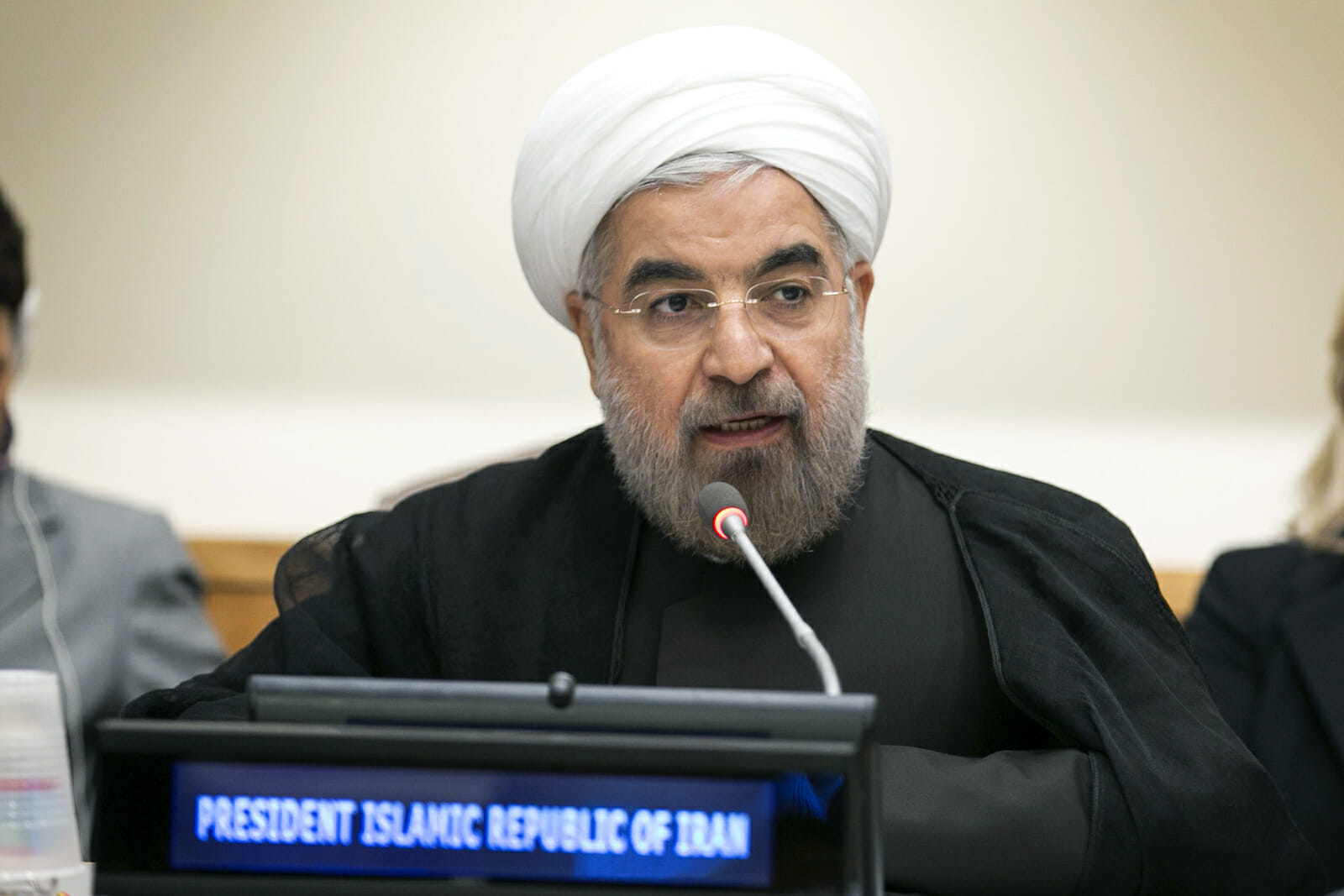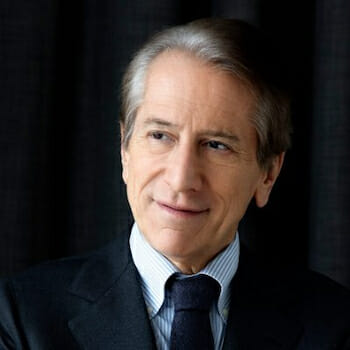
Ongoing Nuclear Work Shows that U.S. and Europe Should Keep Up Pressure on Iran
The Iranian nuclear deal that was signed with Tehran in 2015, had one objective: To prevent Tehran from obtaining nuclear weapons. Yet, it was evident from the outset that the Joint Comprehensive Plan of Action (JCPOA) had many flaws. Its duration was too short, its scope was too limited, and it kept too many pathways open for Tehran to eventually acquire a nuclear weapon.
The Trump administration opted out of the agreement in 2018 and in the meantime, Tehran has violated several specific terms of the agreement.
Now, after five rocky years since the agreement was signed, with a new administration on its way in Washington, there is a new push to revive the agreement and as such, a foreign ministers’ meeting for signatories to the Iran nuclear deal, chaired by Josep Borrell, the EU’s Foreign policy chief, is scheduled for Monday.
Common sense would dictate that the Biden administration should wait to re-enter the JCPOA until it can verify that Tehran is serious about upholding its end of the agreement.
It is telling that there are growing signs that Tehran is pushing ahead with its nuclear program, indicating a very different intention that the mullahs and their apologists tout publicly and want the world to believe.
Newly released satellite imagery shows that new construction has been taking place near the fortified Iranian nuclear facility at Fordo near the holy city of Qom. And a few weeks ago, satellite imagery showed Iran is moving a key facility at Iran’s main nuclear fuel enrichment facility in Natanz underground. And in November, the latest IAEA report pointed out Iran has fired up advanced uranium-enriching centrifuges that it had installed underground at Natanz. This was the latest breach of JCPOA by Iran since the JCPOA states that Iran can only accumulate enriched uranium with first-generation IR-1 machines and that those are the only centrifuges it can operate at its underground plant at Natanz.
Referring to the effects of numerous Iranian breaches of the JCPOA, Rafael Grossi, the IAEA’s Director-General said, “I cannot imagine that they are going simply to say, ‘We are back to square one’ because square one is no longer there.”
Naturally, the new construction at Fordo represents an additional challenge to the status quo, especially given that the unannounced development is only one of many examples of the regime pursuing the advancement of its nuclear program while the JCPOA technically remains in place.
And there are also other sites that remain undeclared but show evidence of ongoing nuclear weapons-related work. This raises vital questions about what the regime is willing to do in secret when it has already shown no impunity about violating the JCPOA.
The need to pressure Iran to uphold its end of the JCPOA has not diminished since the JCPOA went into effect. At no point during that time has Tehran fully come clean about the extent of its prior nuclear advancements, or about the structure of its nuclear weapons program. The semi-public construction at Fordo and Natanz hint at this conclusion, but the ongoing concealment of sites like Sorkheh-Hessar makes it absolutely inescapable.
One has to keep in mind that while the focus of Europeans has been solely on JCPOA and maintaining it even on life support, there are other important aspects of Iran’s malign behavior such as its regional meddling, and its development and testing of ballistic missiles and its state-sponsored terrorism that must be addressed as well.
While wishful thinkers might try one more time to try and appease the ayatollahs in the hopes of dissuading them from their three-decade-long drive to acquire nuclear weapons, it is prudent to remember that hope cannot substitute policy so far as it pertains to such a vital national security issue.
In the spirit of multilateralism, the Biden administration and European powers should recognize the need to demand more of Iran, and to reiterate those demands until full transparency is achieved and Tehran acts like a normal state. Until that happens, the EU should not hesitate to hold Tehran regime officials accountable for the egregious breaches already committed regarding JCPOA as well as those pertaining to human rights abuses and terrorism at home and abroad.

